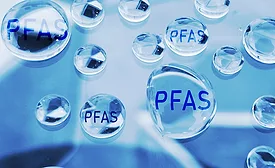Home » Keywords: » regulation/legislation
Items Tagged with 'regulation/legislation'
ARTICLES
As the world faces a surge of new synthetic chemicals and complex toxicity patterns, scientists use AI to assess environmental and health risks.
Read More
Keep the info flowing with our newsletters!
Get the latest industry updates tailored your way.
JOIN TODAY!Copyright ©2026. All Rights Reserved BNP Media.
Design, CMS, Hosting & Web Development :: ePublishing



.webp?height=168&t=1685029884&width=275)

.webp?height=168&t=1704834340&width=275)
